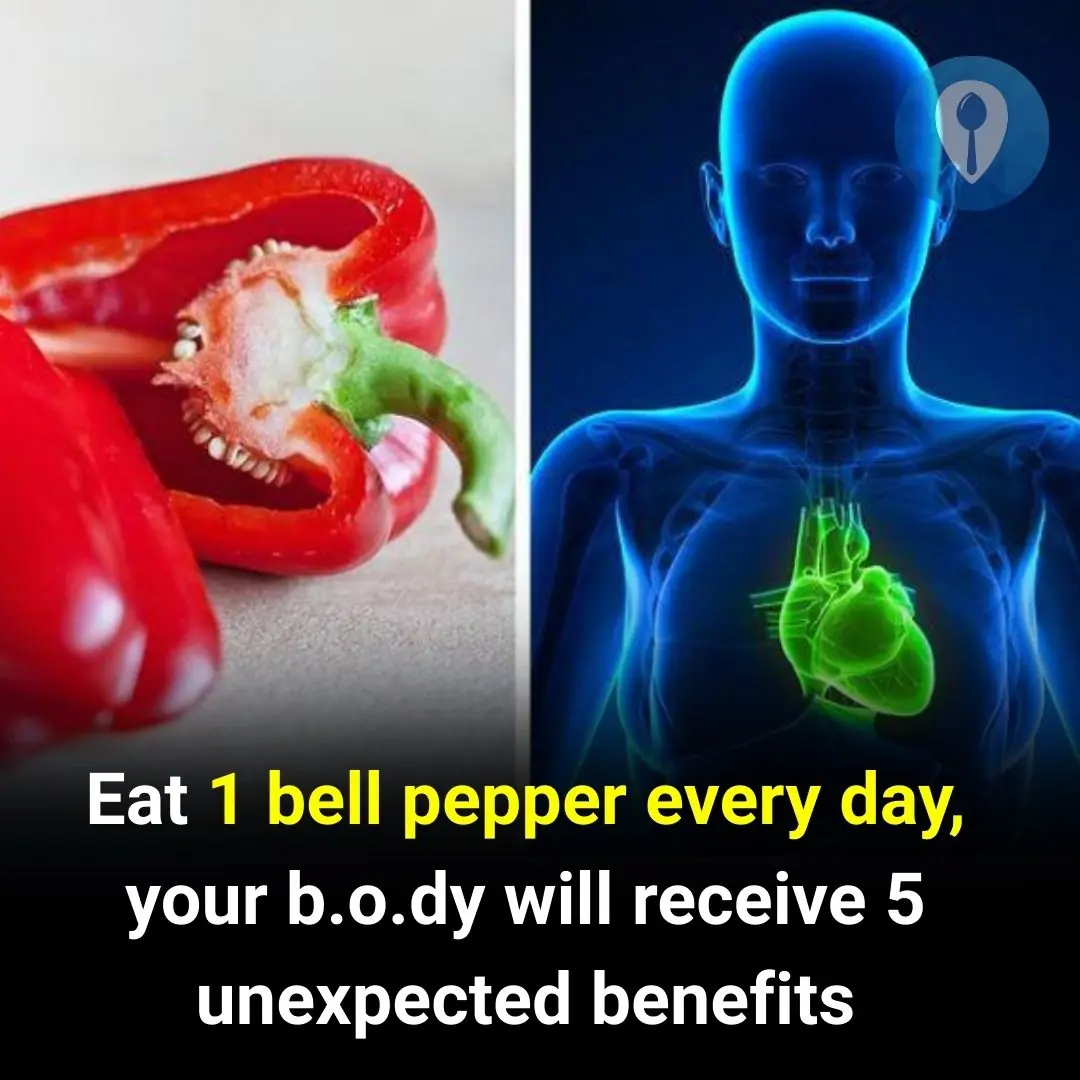
Adopting an Abandoned Baby Girl at the Gate
Adopting an Abandoned Baby Girl at the Gate—Two Men Received This Ending After 30 Years: “Why Do You Treat Them Like This?”
They once thought they would live their whole lives without wives or children, destined for loneliness…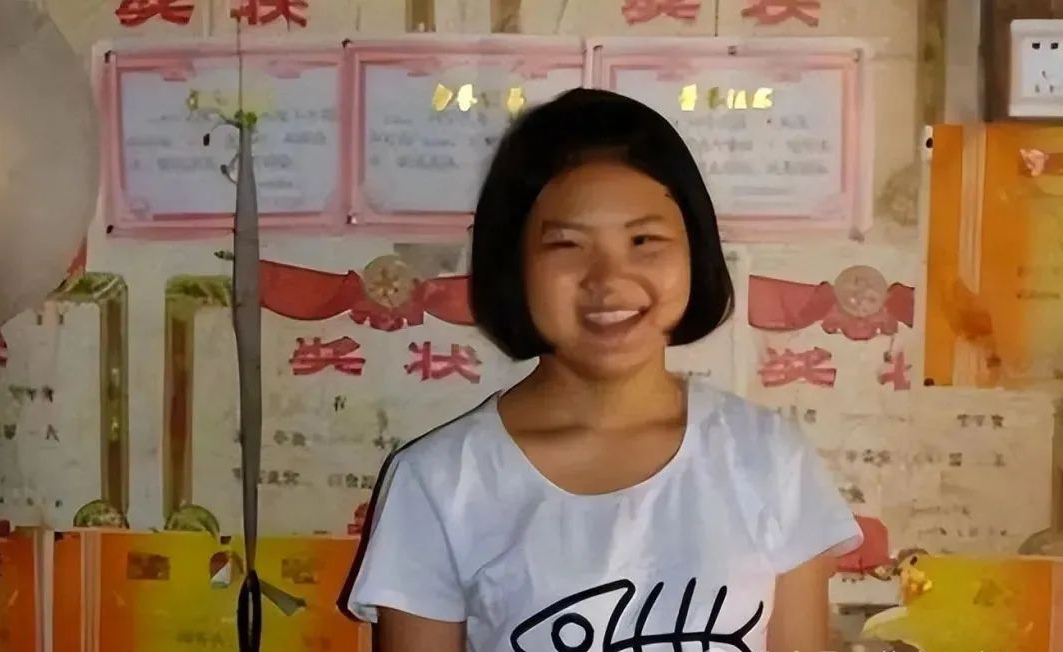
One winter night in 1985, the cold wind cut like a knife. A small village in Anhui, China, lay so silent that only the howling wind could be heard rushing past rooftops.
Suddenly, a faint cry drifted in from the gate.
“Whose baby could be left outside in this freezing weather?” thought Cat Baotian, a bachelor in his forties. Wrapped in an old cotton coat and carrying an oil lamp, he followed the sound.
Before him lay a tiny baby girl, her face purple with cold, wrapped in a ragged cloth. Her cries were fading.
“Poor child!” he exclaimed, scooping her into his arms, pressing her to his chest for warmth. The night was pitch-dark; there was no trace of anyone around. He knew at once she had been abandoned at his doorstep.
Baotian had very little himself—one could even call him poor. He lived with his younger brother, Cat Baoyao, and neither of them had ever married. But hearing those pitiful cries, he couldn’t turn away.
“Let’s just take her in. We can’t let her freeze to death…”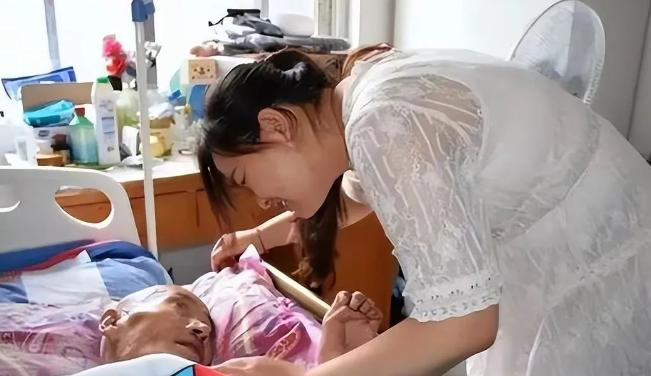
When he entered the house, Baoyao was startled.
“Where did you get that baby?”
“Right outside our gate. I heard her crying and went to look,” Baotian sighed.
Looking at her tiny face, Baoyao smiled gently:
“She’s so beautiful. Why don’t we raise her?”
And so they did. They named her Cat Honghua (nicknamed Xiao Hua, or “Little Flower”), wishing she would grow up strong and resilient, like a wildflower.
But raising a child was no easy task. They had no money for milk, so the brothers went door-to-door begging for help. Some neighbors shared what little they had, others drove them away. Still, the brothers endured everything as long as Xiao Hua had something to eat.
As she grew up, Xiao Hua realized she was different from other children. She had no biological parents—only her “First Father” and “Second Father.”
Every day, Baotian labored at the construction site, carrying bricks from dawn till night. He came home bruised and sore, yet always saved half a warm bun for her:
“Xiao Hua, eat this while it’s hot.”
Baoyao, though simple-minded, adored her. On rainy days, he carried her to school on his back, wading barefoot through the mud so her shoes wouldn’t get wet.
The village children mocked her:
“Your dad is a fool!”
Xiao Hua cried, but when she came home to see her Second Father humming cheerfully while cooking porridge, her sadness melted away. To her, they were the best fathers in the world.
Xiao Hua excelled in school, her certificates covering the walls. Each time she won a prize, the two men proudly told everyone:
“Our daughter is top of her class again!”
But as her studies advanced, tuition became expensive. Too old to haul bricks, Baotian collected scrap to pay for her education. Watching this, Xiao Hua silently promised:
“When I grow up, I’ll make sure my fathers live in comfort.”
In 2008, Xiao Hua graduated from university—the first in her village to become a teacher. She chose not to stay in the city but returned to teach in her hometown, wanting to remain close to her fathers.
With her first paycheck, she bought a warm cotton coat for her First Father and sturdy shoes for her Second Father.
“How much did this cost?” Baotian asked, touching the fabric with trembling hands.
“From now on, I’ll take care of both of you,” Xiao Hua smiled.
But joy didn’t last. Baotian suffered a stroke and was bedridden. Xiao Hua taught by day and cared for him by night, never once complaining.
By 2018, his condition worsened, and doctors advised giving up. Xiao Hua wept:
“No! I’ll save him, no matter the cost!”
She emptied her savings and borrowed heavily to keep him alive. Their story spread, and Xiao Hua was honored locally as a “Filial Daughter.”
Someone once asked her:
“They’re not your biological parents—why treat them this way?”
Xiao Hua glanced at her two fathers—one in a wheelchair, the other still smiling innocently—and replied softly:
“They raised me since I was a baby. Now they’re old, and I care for them. That’s only natural.”
Hearing this, Baotian broke into tears. A man who had lived his whole life without wife or children now had a daughter more devoted than blood. Perhaps this was fate’s way of rewarding him.
Kindness is like a seed: unseen when planted, but when it blossoms, everyone can feel its fragrance.
News in the same category

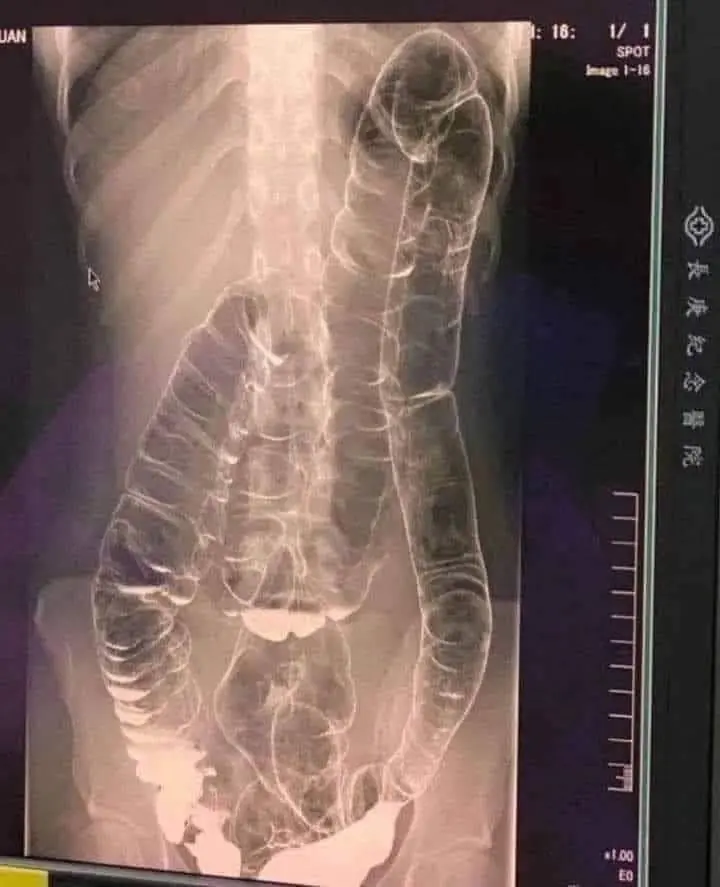
Ch.ronic constipation - A silent thr.eat to your digestive health

Doctors issue warning over everyday bathroom mistake linked to severe medical risks
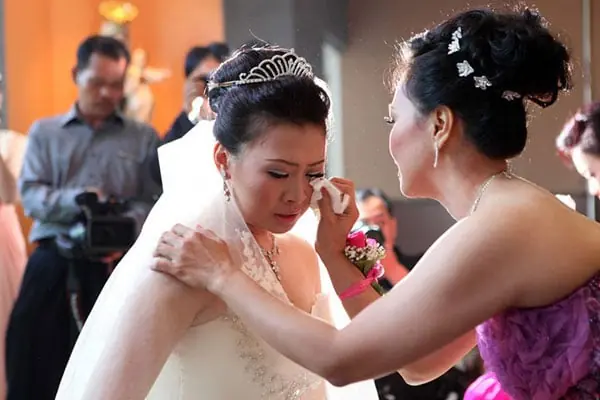
Just After Changing into My Wedding Dress, My Mother-in-Law Slipped Me a Bankbook and a Haunting Message

After grandma pas.sed, grandpa found peace in his old cabin - far from home

How a baby aban.doned on a flight led to a new family and a new beginning
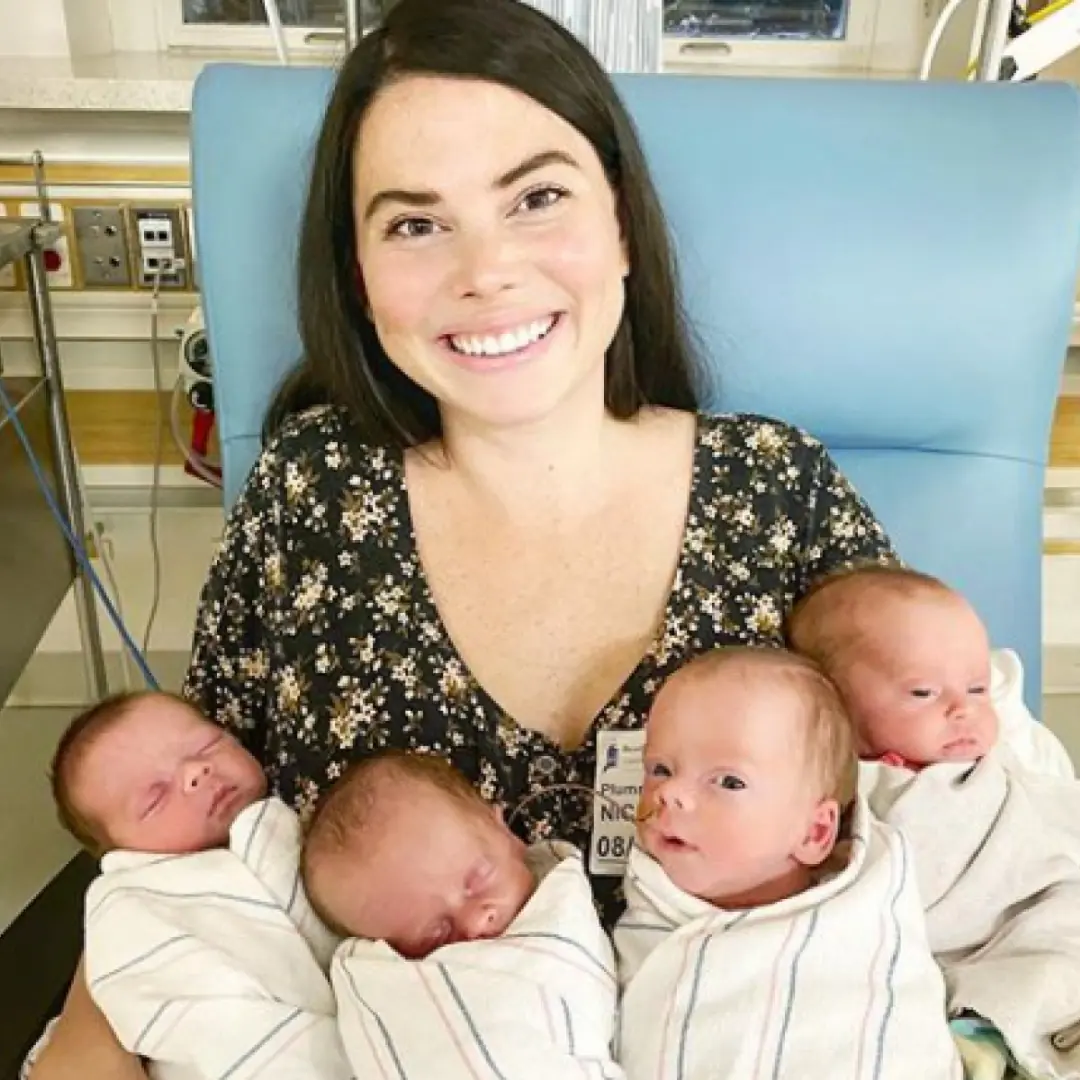
The woman gave birth to 2 pairs of twins, although there are already four children in the family
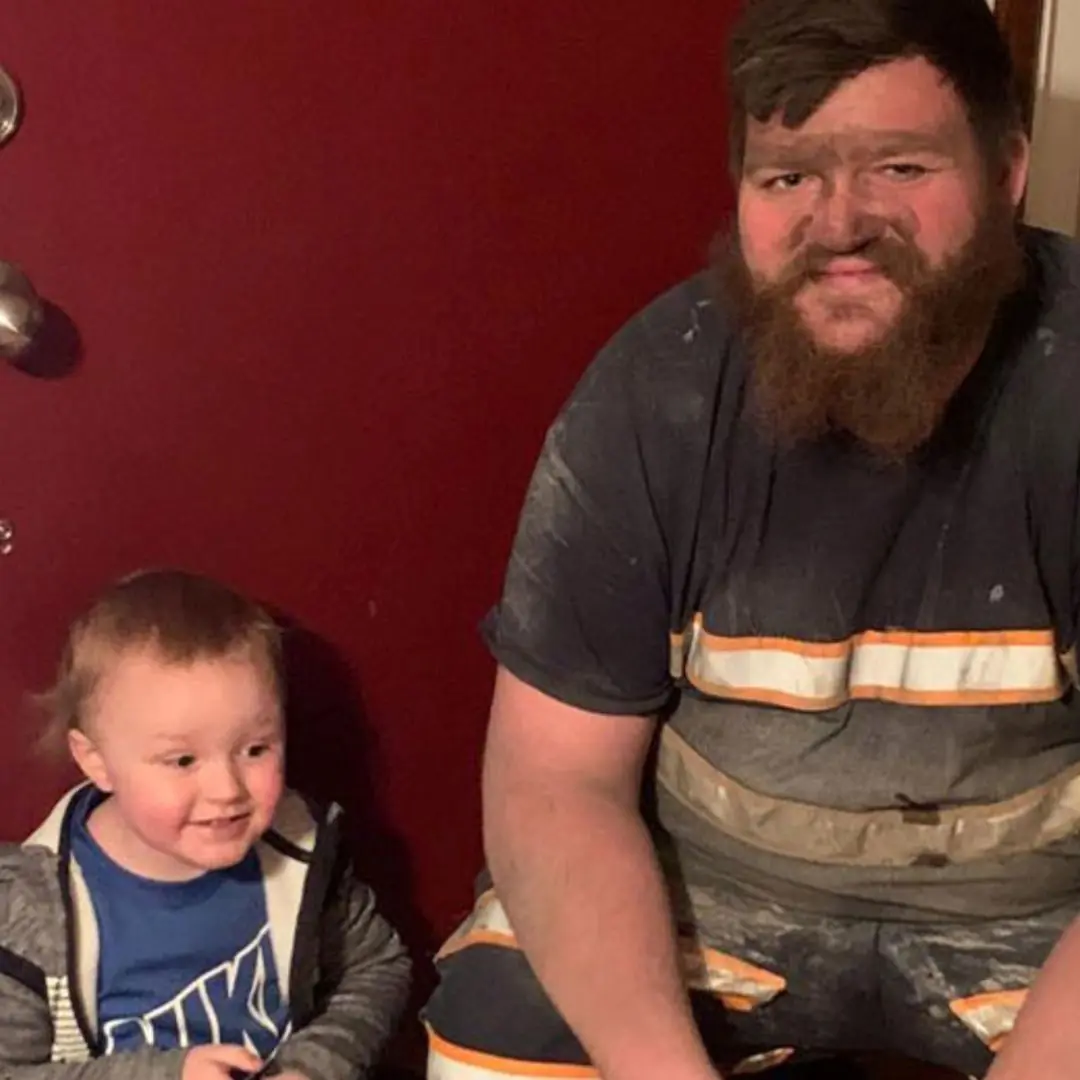
Miner took his son to the game immediately following work – he had no time to shower
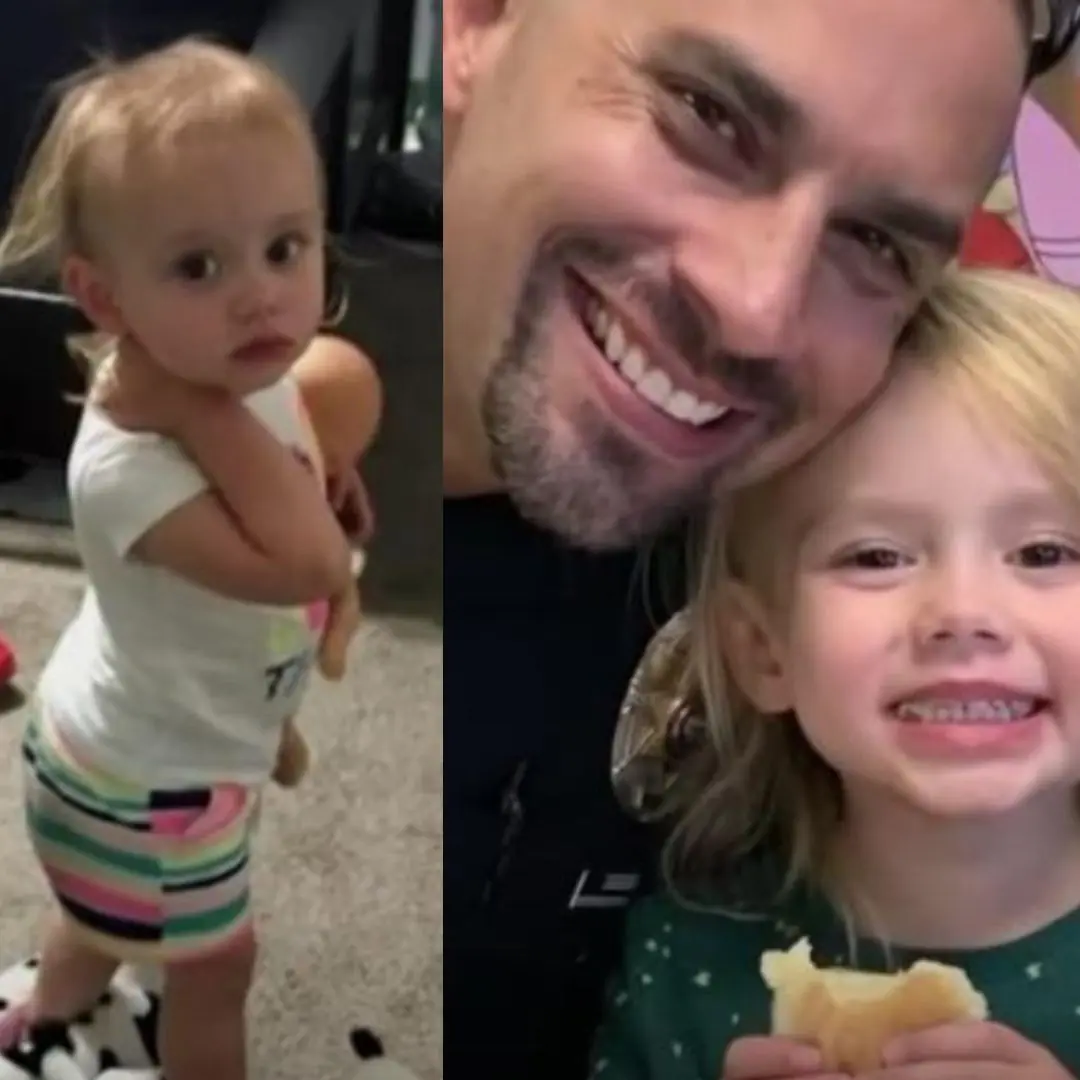
Cop comforts toddler during welfare check and 2 years later becomes her father
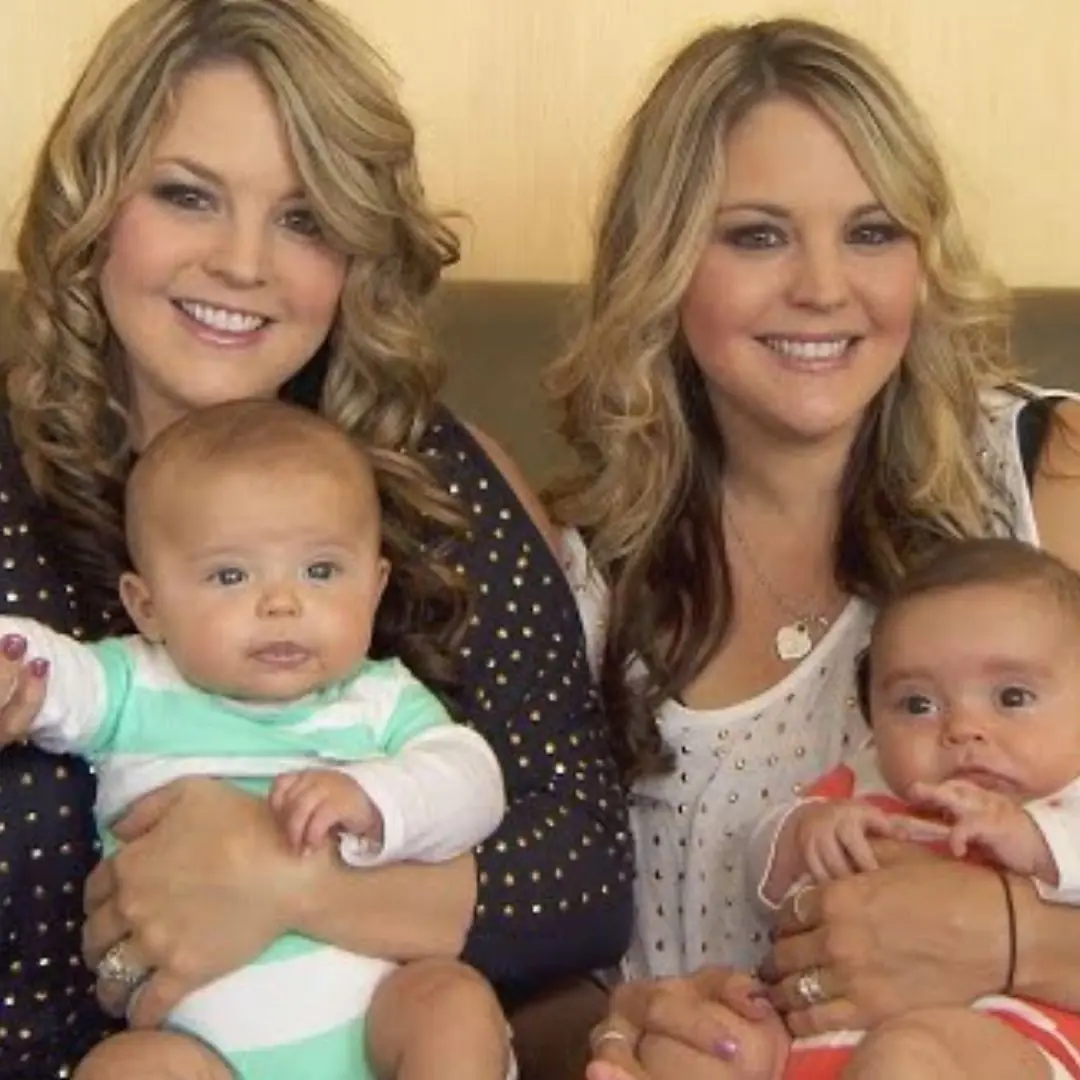
Identical twin sisters give birth to sons on same day at the same hospital

A love story that defies expectations: Russian man and Nigerian woman raise their beautiful family
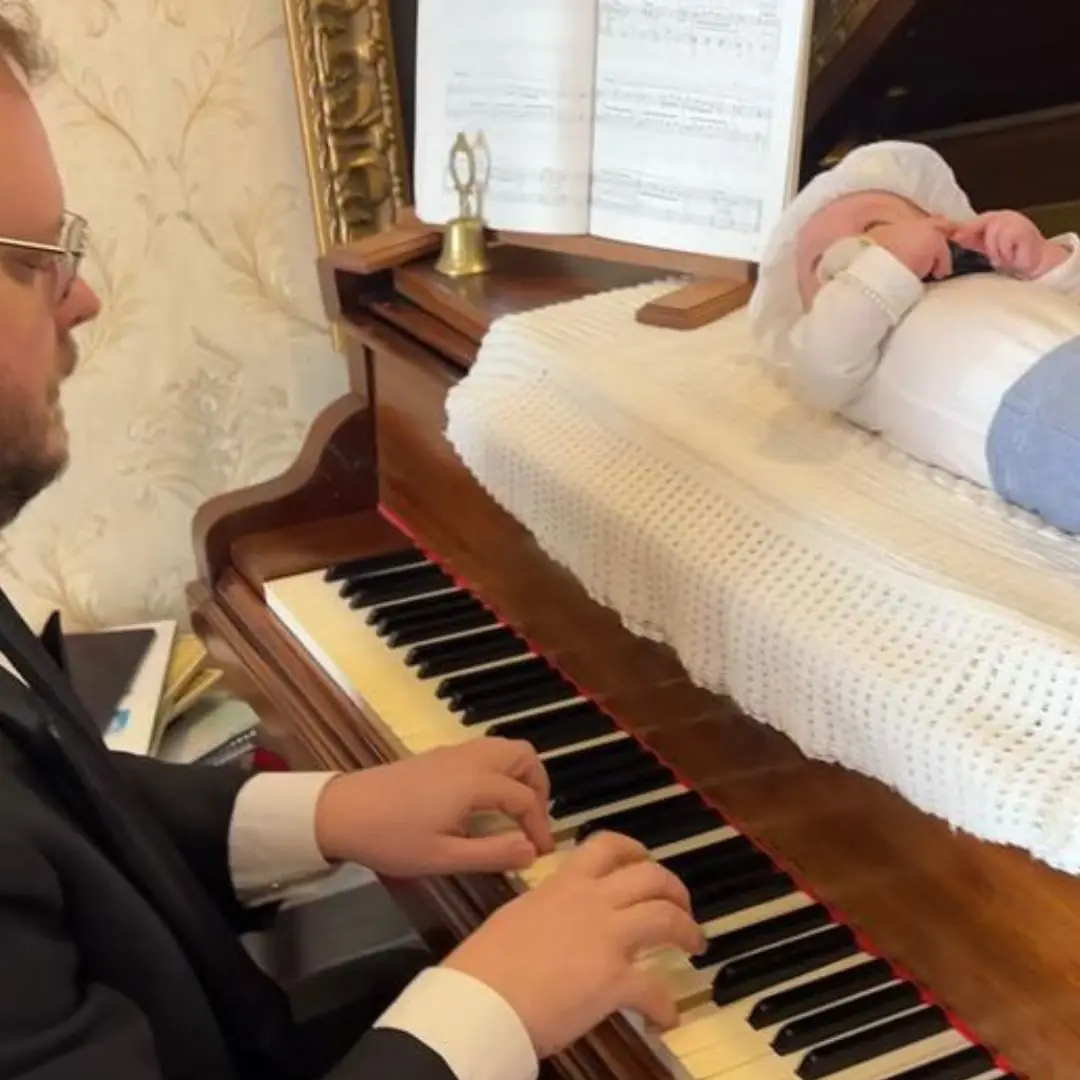
Fabulous! The newborn baby relaxes to the sound of daddy’s piano
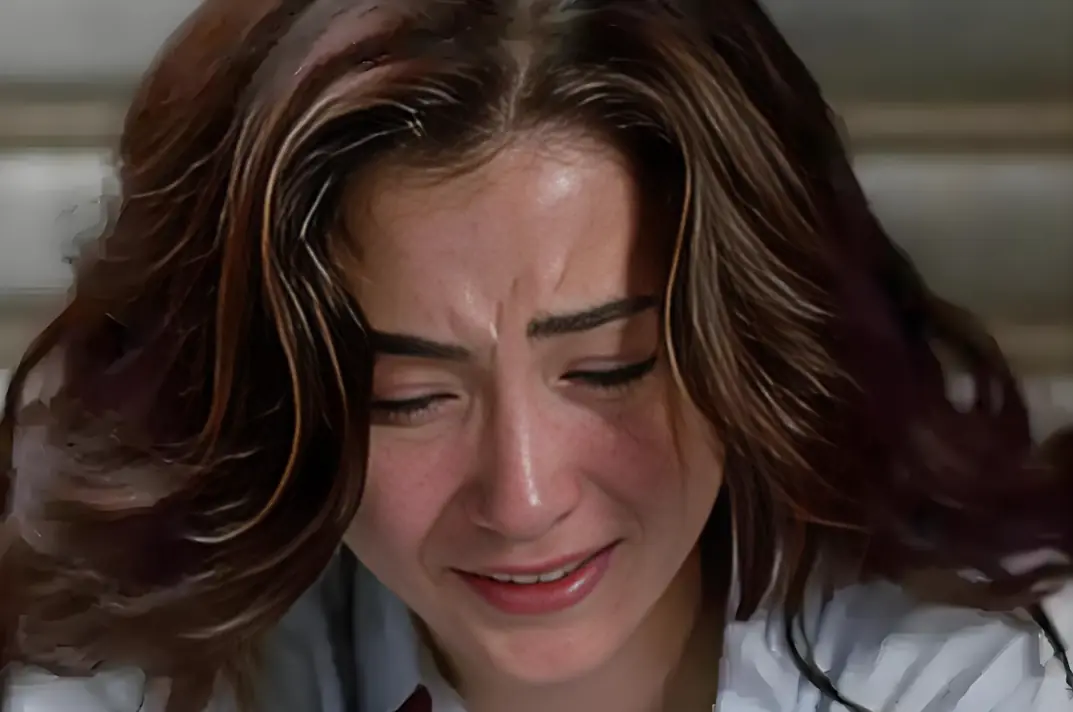
Living With My Husband’s Stepson—Just 8 Years Younger Than Me—Has Left Me Speechless More Than Once
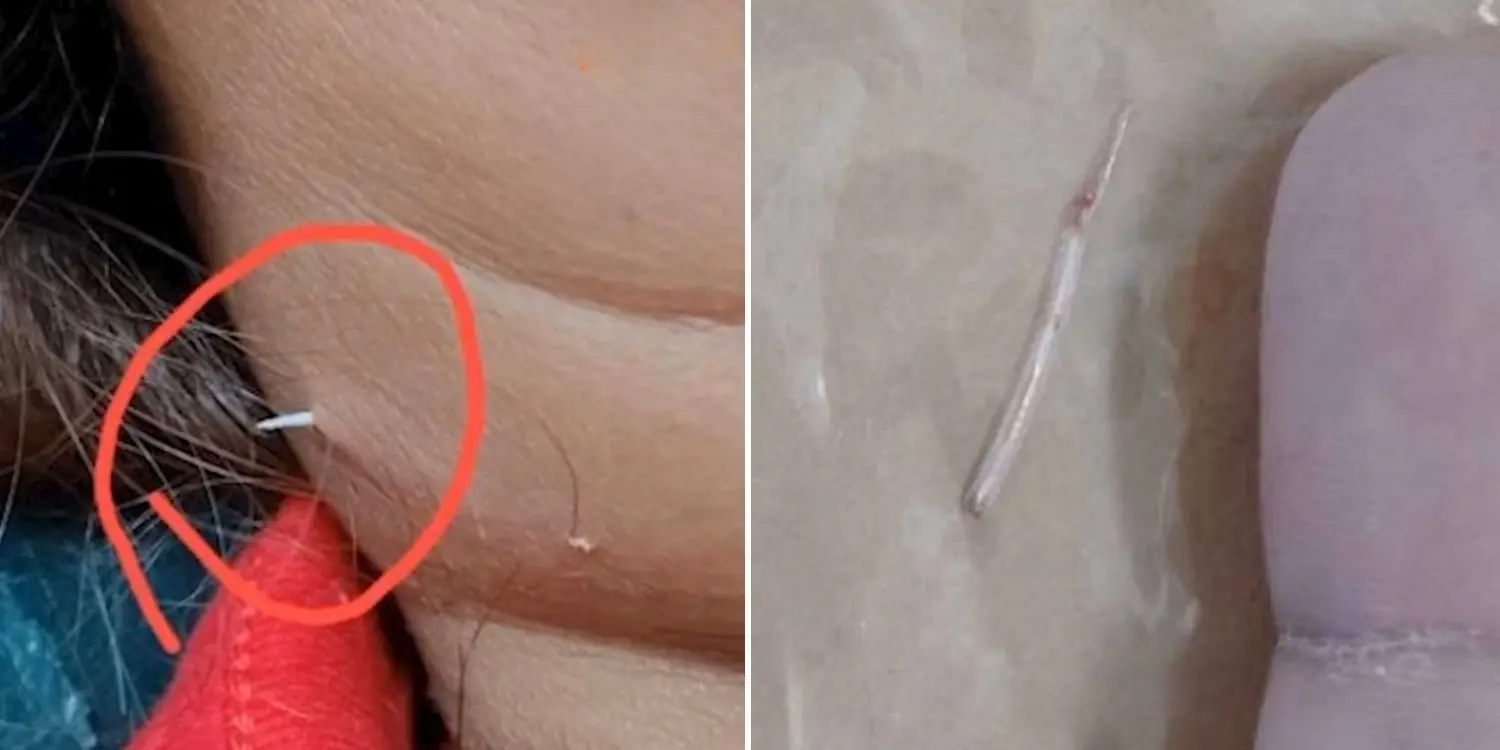
Neck pain, woman shocked to see something sticking out
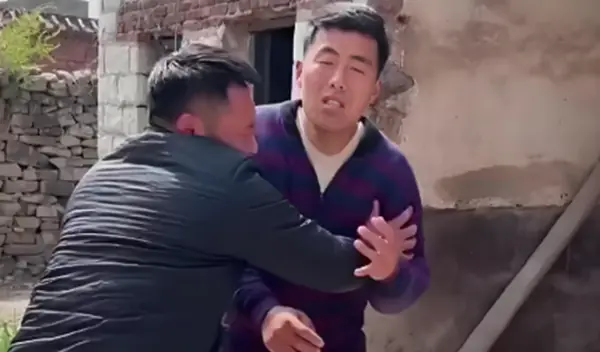
We Thought the Inheritance Was Settled—Until a Second Will Tore Our Family Apart
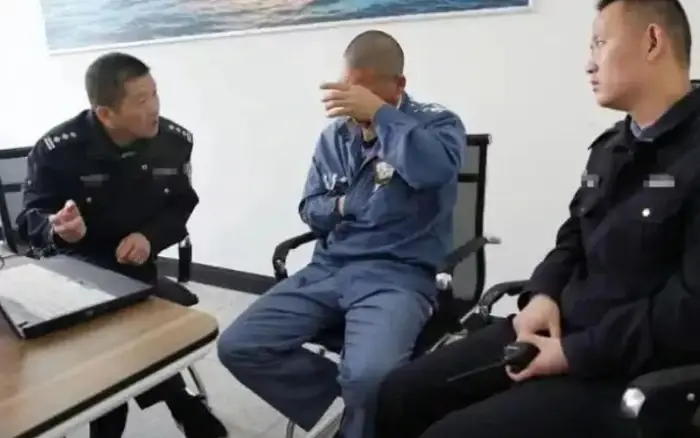
Man Jail.ed for Dr.ug Trafficking After Selling Late Wife’s Painkil.lers
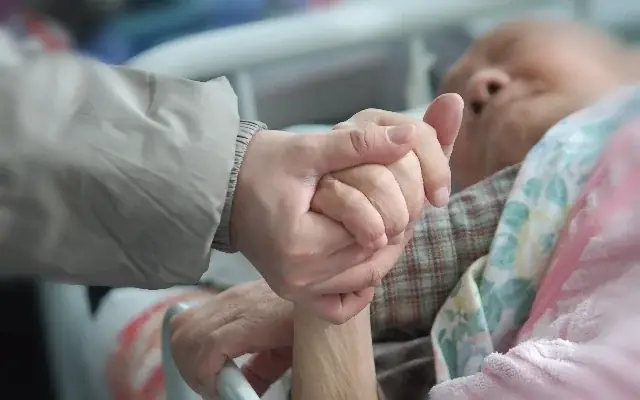
Doctor shares the three biggest regrets of dy.ing people
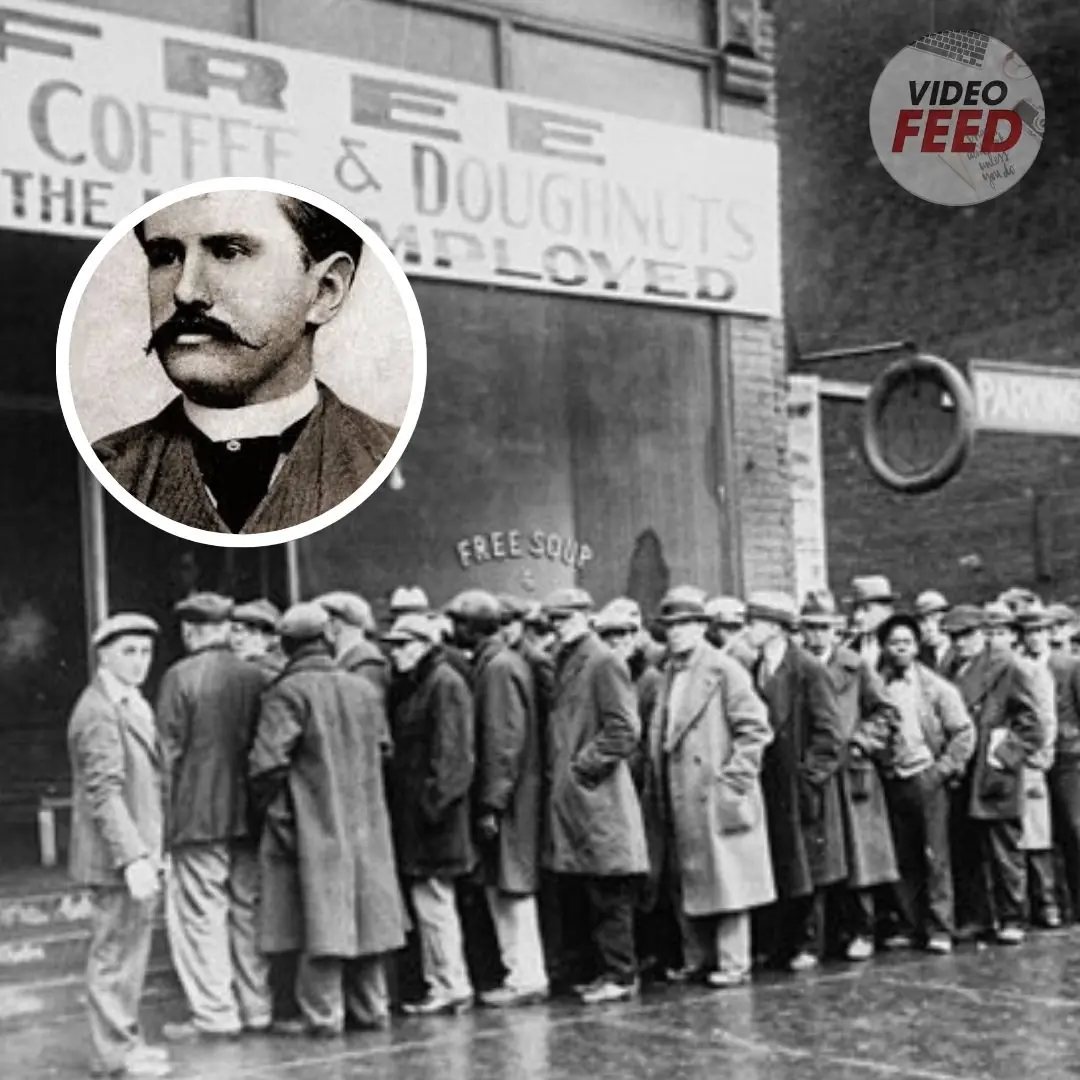
According to Their Lights
News Post
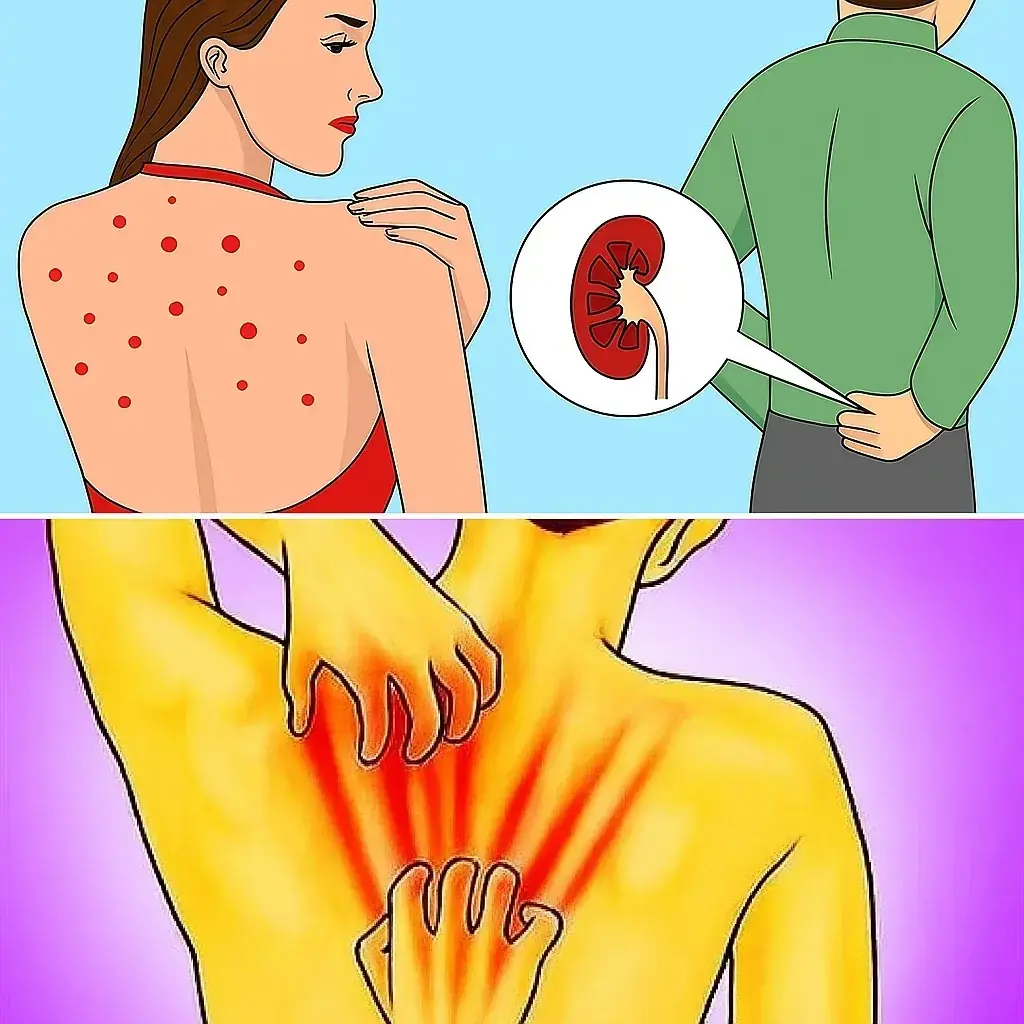
10 Warning Signs Your Kidneys May Be in Serious Danger
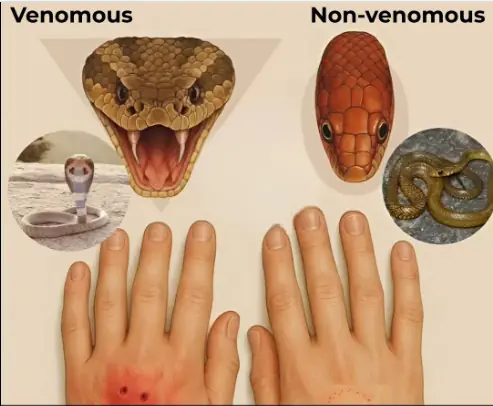
When bitten by a snake, you should do these things first

The difference between the spirit of a loved one and other forces

The Power of Gyan Mudra: Benefits and How to Practice It
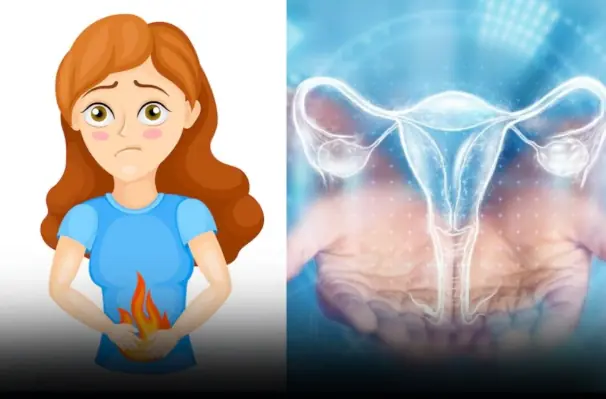
8 Early Warning Signs Of Ovarian Cancer You Shouldn’t Ignore
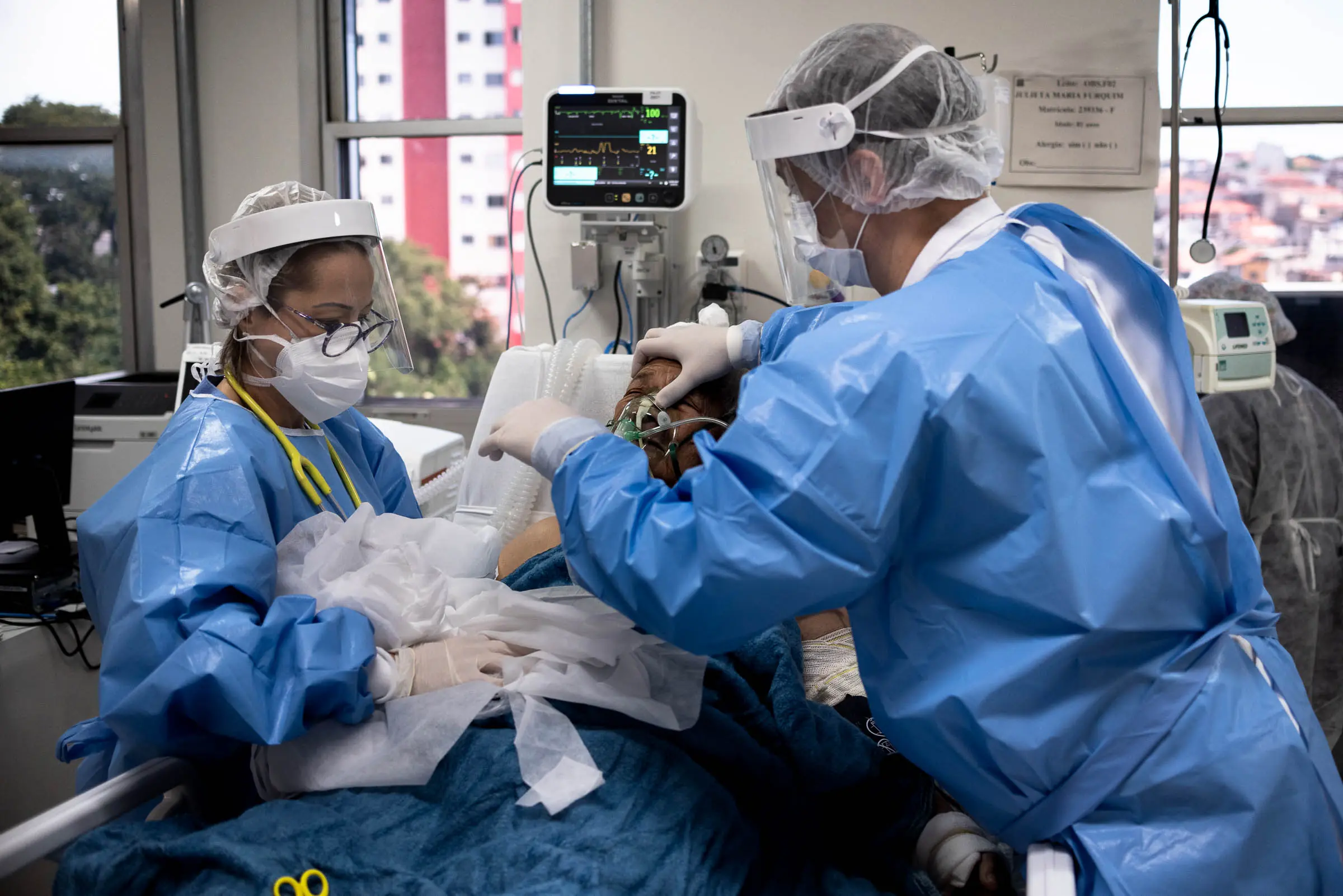
35-Year-Old Man’s Sore Throat Turned into Cancer After 5 Chemotherapy Sessions—Doctor Urges
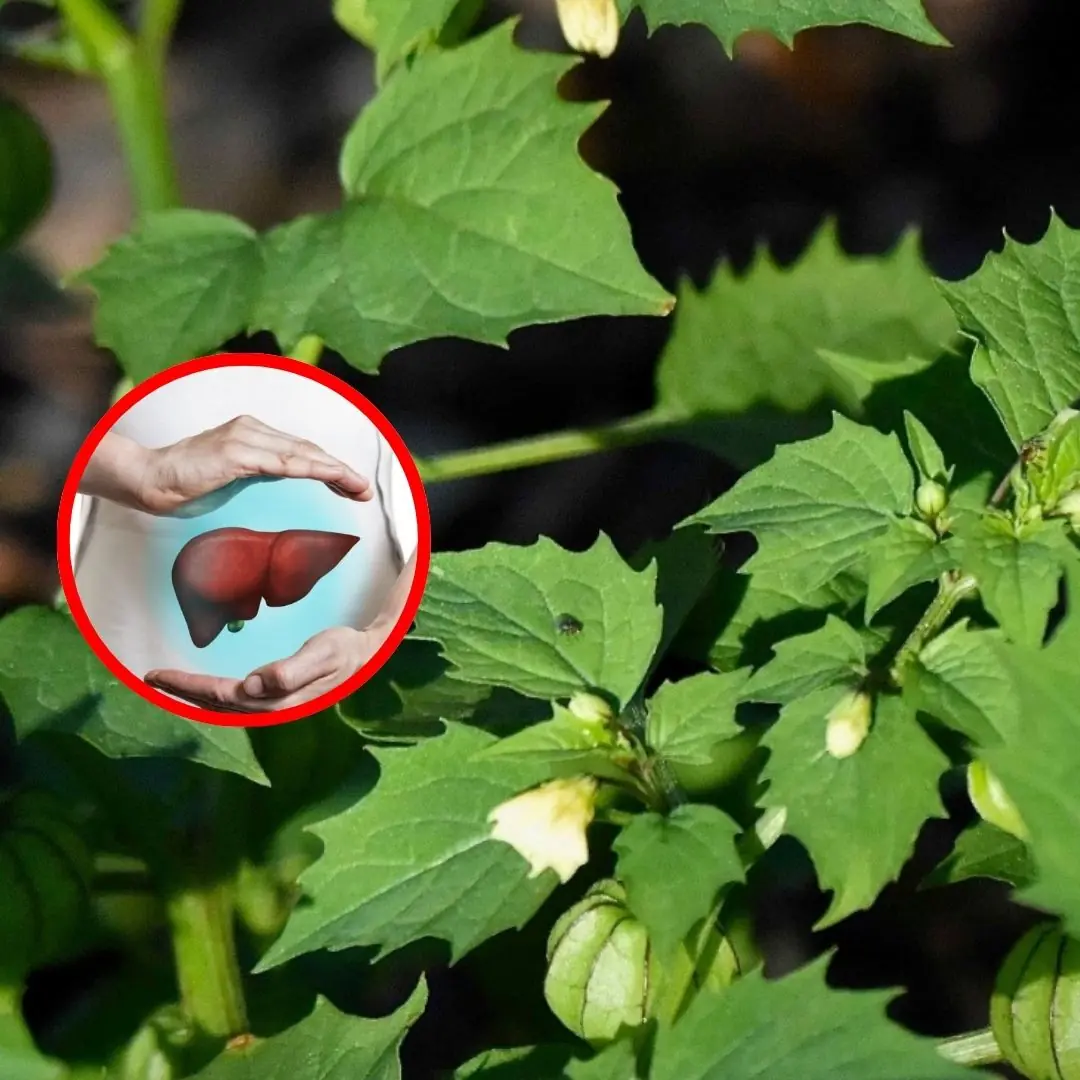
The Leaf Known as a Natural Remedy, But Often Overlooked
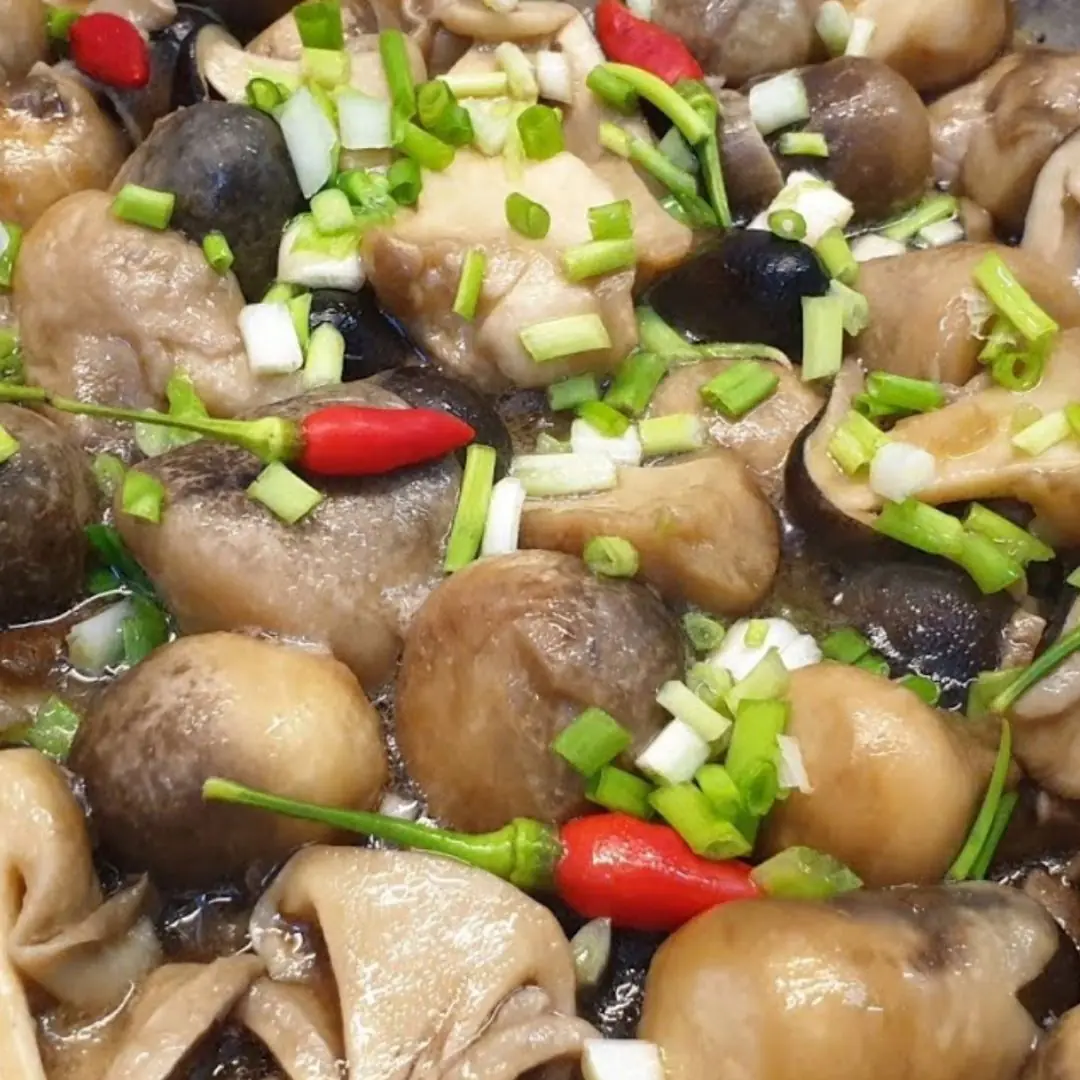
Check out 5 foods that if left overnight not only lose their nutrients but also become toxic.

How to wash hair with green tea leaves to reduce hair loss and make hair smooth
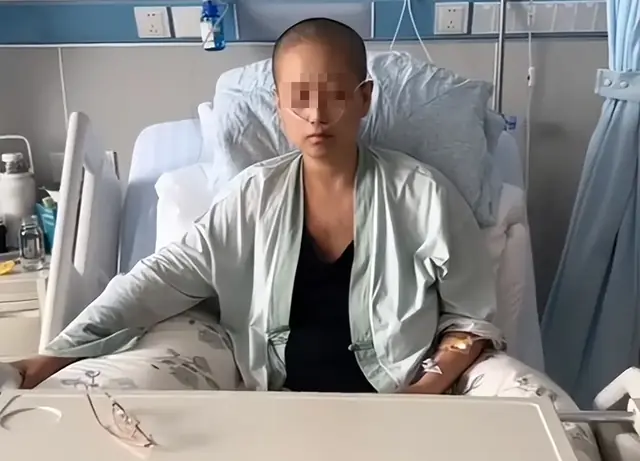
Pas.sed Away at 39 from Bre.ast Can.cer
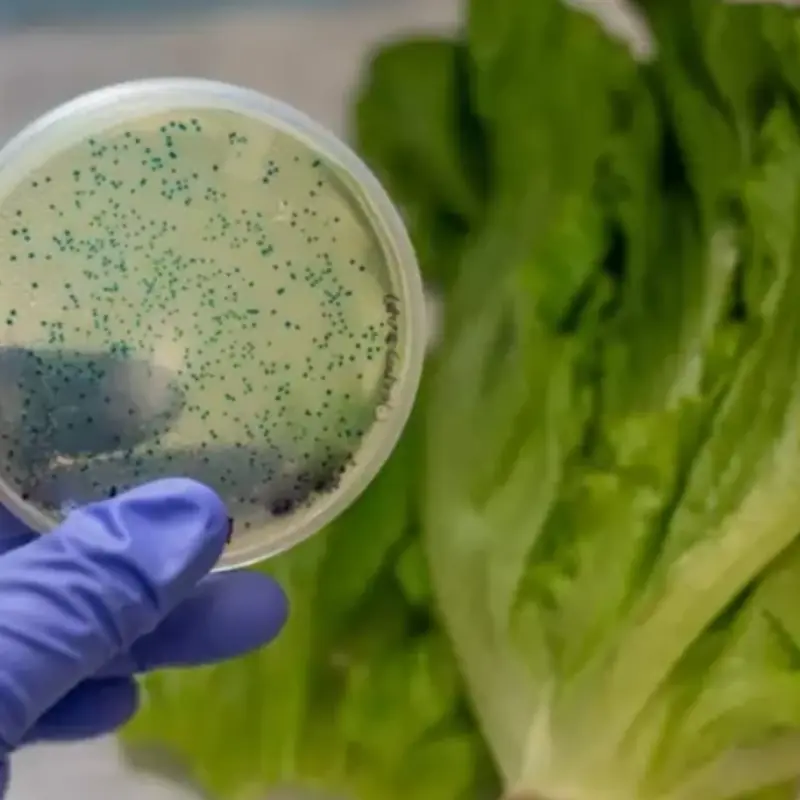
2 Types of Vegetables That Are Prone to Becoming a ‘Parasitic Nest,’ Especially the First One
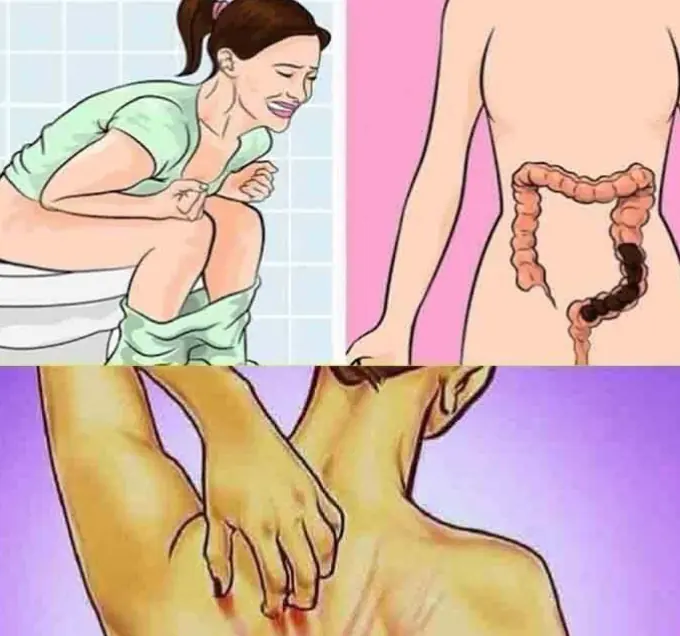
20 subtle can.cer symptoms commonly missed

21-year-old male student with severe kidney and heart fai.lure: The “culprit” is a familiar drink, not al.cohol
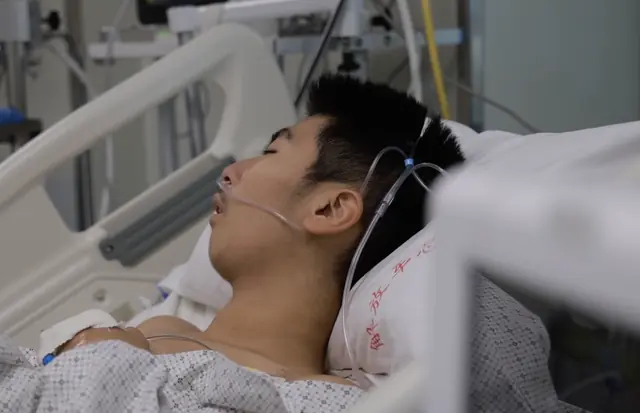
More people are dy.ing from heart fai.lure, doctors warn: Give up these 4 habits now
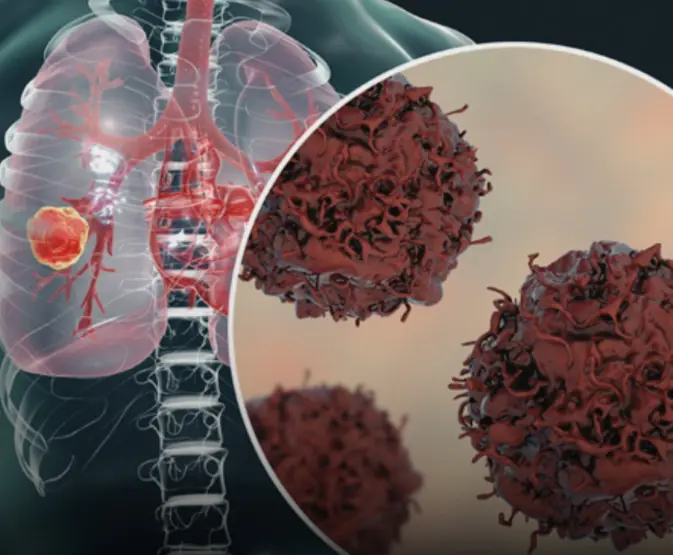
The "hidden nature" of early stage lung can.cer

6 Surprising Health Benefits of Okra That Will Make You Love It

5 extremely toxic times of the day when you absolutely should not bathe or you will die suddenly without knowing it
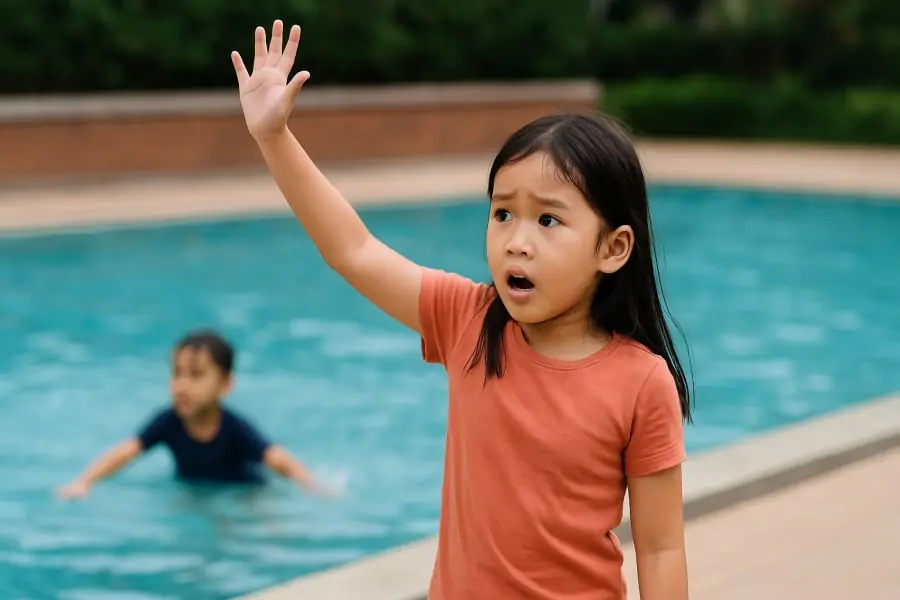
5 life skills children need to learn early to protect themselves and save others
